ANNOUNCING NASA’S 2026 HUMAN LANDER CHALLENGE!
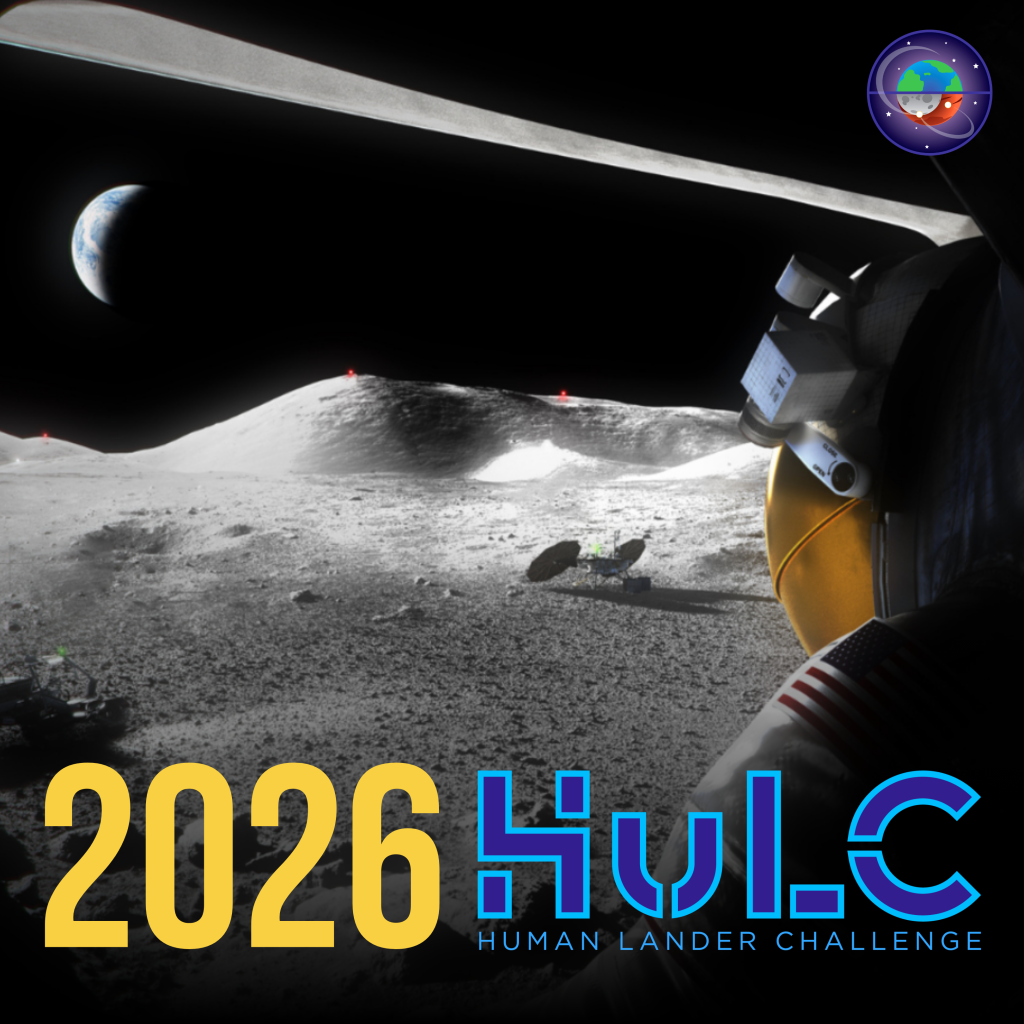
NASA’s Human Lander Challenge (HuLC) is an initiative supporting its Exploration Systems Development Mission Directorate’s (ESDMD’s) efforts to explore innovative solutions for a variety of known technology development areas for human landing systems (HLS). Landers are used to safely ferry astronauts to and from the lunar surface as part of the mission architecture for NASA’s Artemis campaign.
Through this challenge, college students contribute to the advancement of HLS technologies, concepts, and approaches. Improvements in these technology areas have the potential to revolutionize NASA’s approach to space exploration, and contributions from the academic community are a valuable part of the journey to discovery.
HuLC is open to teams comprised of full-time or part-time undergraduate and/or graduate students at an accredited U.S.-based community college, college, or university. HuLC projects allow students to incorporate their coursework into real aerospace design concepts and work together in a team environment. Interdisciplinary teams are encouraged.
2026 CHALLENGE THEME:
Long Duration Spaceflight Environmental Control Life Support System (ECLSS)
As human exploration pushes beyond low Earth orbit toward sustained lunar presence and future missions to Mars, the role of Environmental Control and Life Support Systems (ECLSS) becomes increasingly vital. Designing ECLSS for deep space is uniquely challenging due to mission duration, limited resupply, and extreme environmental conditions.
NASA's 2026 Human Lander Challenge (HuLC) invites collegiate student teams to develop innovative, systems-level solutions that improve critical aspects of Environmental Control Life Support System (ECLSS) performance. The potential solutions that teams can propose include, but are not limited to, the following sub-topic areas:
- Noise Suppression and Control
- Sensor Reduction in Hardware Health Monitoring Systems
- Potable Water Dispenser
- Fluid Transfer Between Surface Assets on the Moon and Mars
CONGRATULATIONS TO THE 2025 HuLC WINNERS!
Embry-Riddle Aeronautical University, Prescott, “Electrical Capacitance to High-resolution Observation (ECHO)”
Old Dominion University, “Structural Tensegrity for Optimized Retention in Microgravity (STORM)”
Massachusetts Institute of Technology, “THERMOS: Translunar Heat Rejection and Mixing for Orbital Sustainability”
Ohio State University, “Autonomous Magnetized Cryo-Couplers with Active Alignment Control for Propellant Transfer (AMCC-ACC)”
University of Illinois, Urbana-Champaign, “ECLIPSE: Efficient Cryogenic Low Invasive Propellant Supply Exchange”
Washington State University, “CYPRESS (CrYogenic Performance REfueling Safety System) Coupler for Liquid Hydrogen Transfer”
NASA’S 2025 HuLC Competition Finalists
- California State Polytechnic University, Pomona, “THERMOSPRING: Thermal Exchange Reduction Mechanism using Optimized SPRING”
- Colorado School of Mines, “MAST: Modular Adaptive Support Technology”
- Embry-Riddle Aeronautical University, Prescott, “Electrical Capacitance to High-resolution Observation (ECHO)”
- Jacksonville University, “Cryogenic Complex: Cryogenic Tanks and Storage Systems – On the Moon and Cislunar Orbit”
- Jacksonville University, “Cryogenic Fuel Storage and Transfer: The Human Interface – Monitoring and Mitigating Risks”
- Massachusetts Institute of Technology, “THERMOS: Translunar HEat Rejection and Mixing for Orbital Sustainability”
- Ohio State University, “Autonomous Magnetized Cryo-Couplers with Active Alignment Control for Propellant Transfer (AMCC-AAC)”
- Old Dominion University, “Structural Tensegrity for Optimized Retention in Microgravity (STORM)”
- Texas A&M University, “Next-generation Cryogenic Transfer and Autonomous Refueling (NeCTAR)”
- The College of New Jersey, “Cryogenic Orbital Siphoning System (CROSS)”
- University of Illinois, Urbana-Champaign, “ECLIPSE: Efficient Cryogenic Low Invasive Propellant Supply Exchange”
- Washington State University, “CYPRESS (CrYogenic Performance REfueling Safety System) Coupler for Liquid Hydrogen Transfer”
There will be a 2026 Human Lander Student Competition.
Please check back in late August for Updates!
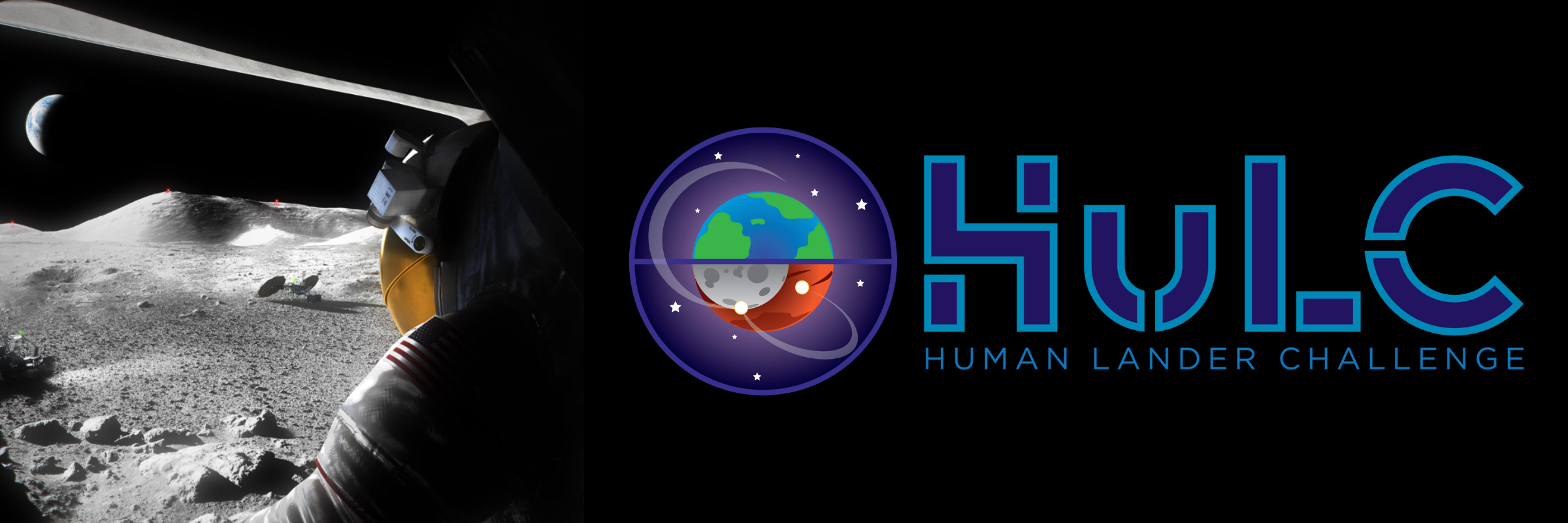
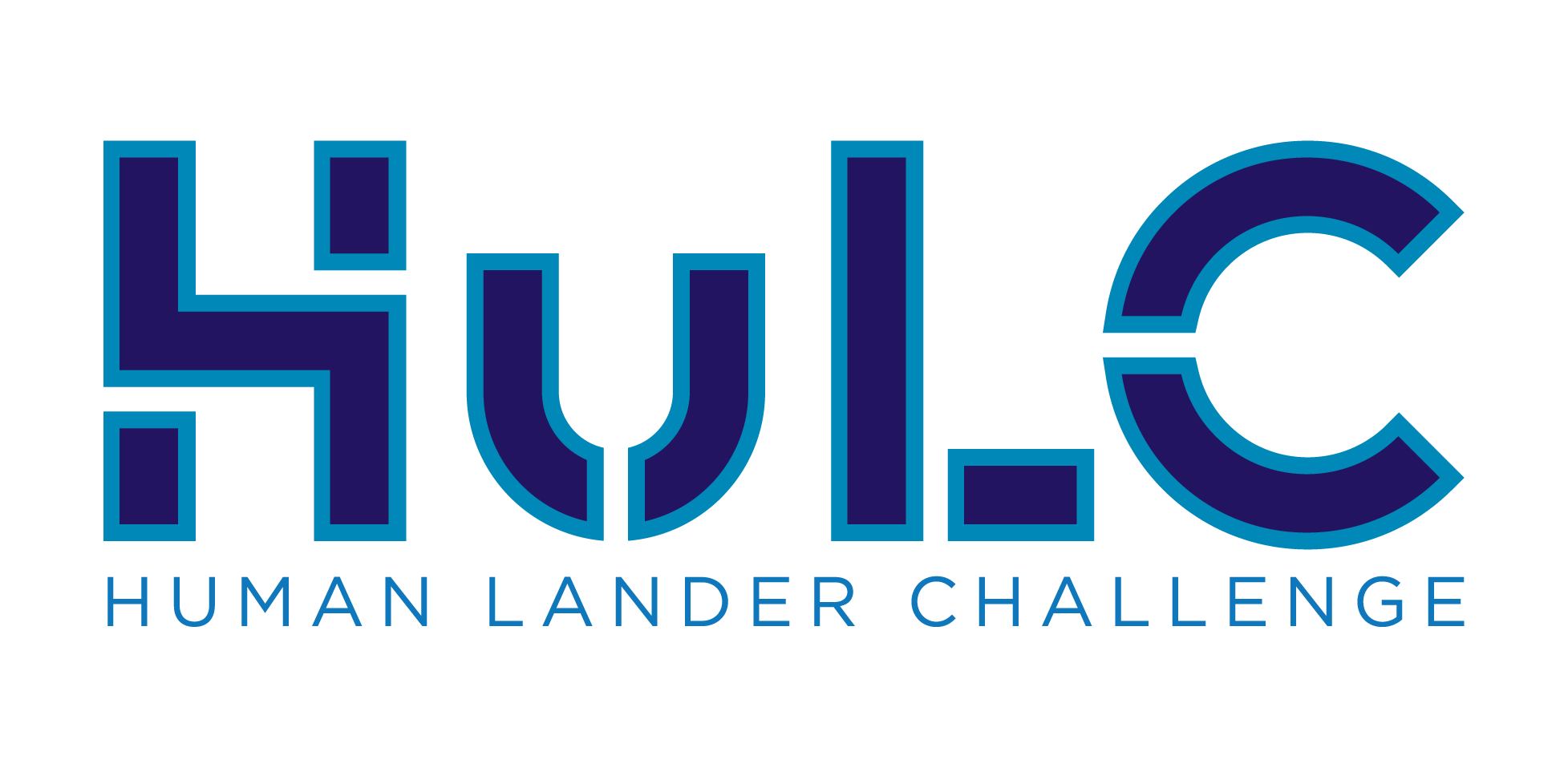
 Chris Brown
Chris Brown Steve Balistreri
Steve Balistreri Zach Bryant
Zach Bryant Kaitlin Oliver-Butler
Kaitlin Oliver-Butler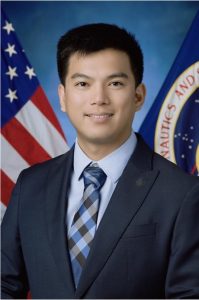 Leon Chen
Leon Chen Monica Guzik
Monica Guzik Juan Valenzuela
Juan Valenzuela Mark Wollen
Mark Wollen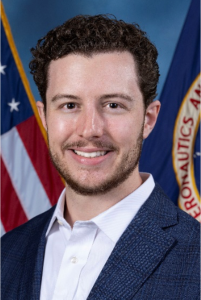 Reid Ruggles
Reid Ruggles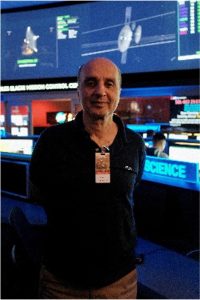 Ali Kashani
Ali Kashani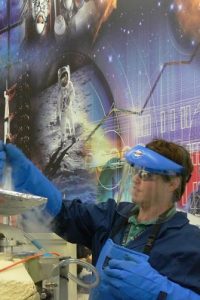 Wesley Johnson
Wesley Johnson Ali Hedayat
Ali Hedayat Michael Dipirro
Michael Dipirro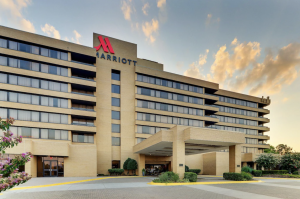
 Jamshid Samareh
Jamshid Samareh Ashley Korzun
Ashley Korzun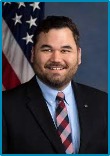 Matt Simon
Matt Simon Samantha Harris
Samantha Harris Michelle Munk
Michelle Munk Philip Metzger
Philip Metzger Manish Mehta
Manish Mehta Mark Lewis
Mark Lewis Lora Dishongh
Lora Dishongh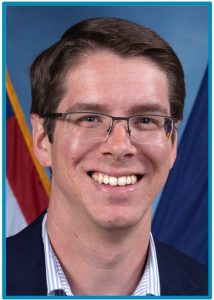 Wesley Chambers
Wesley Chambers Esther Lee
Esther Lee